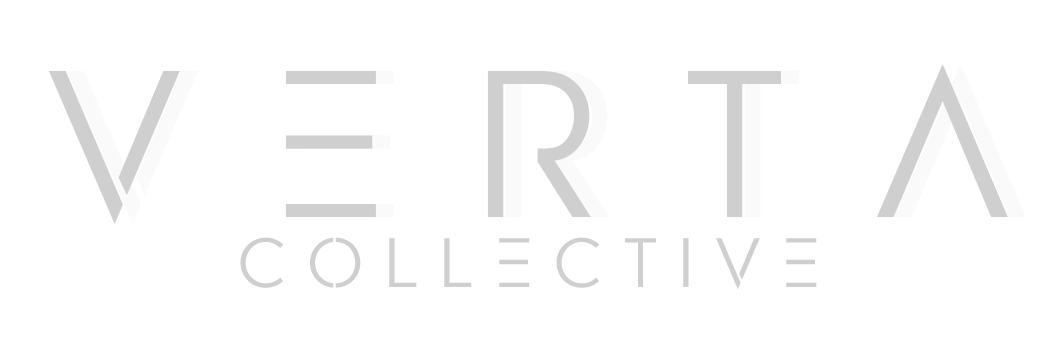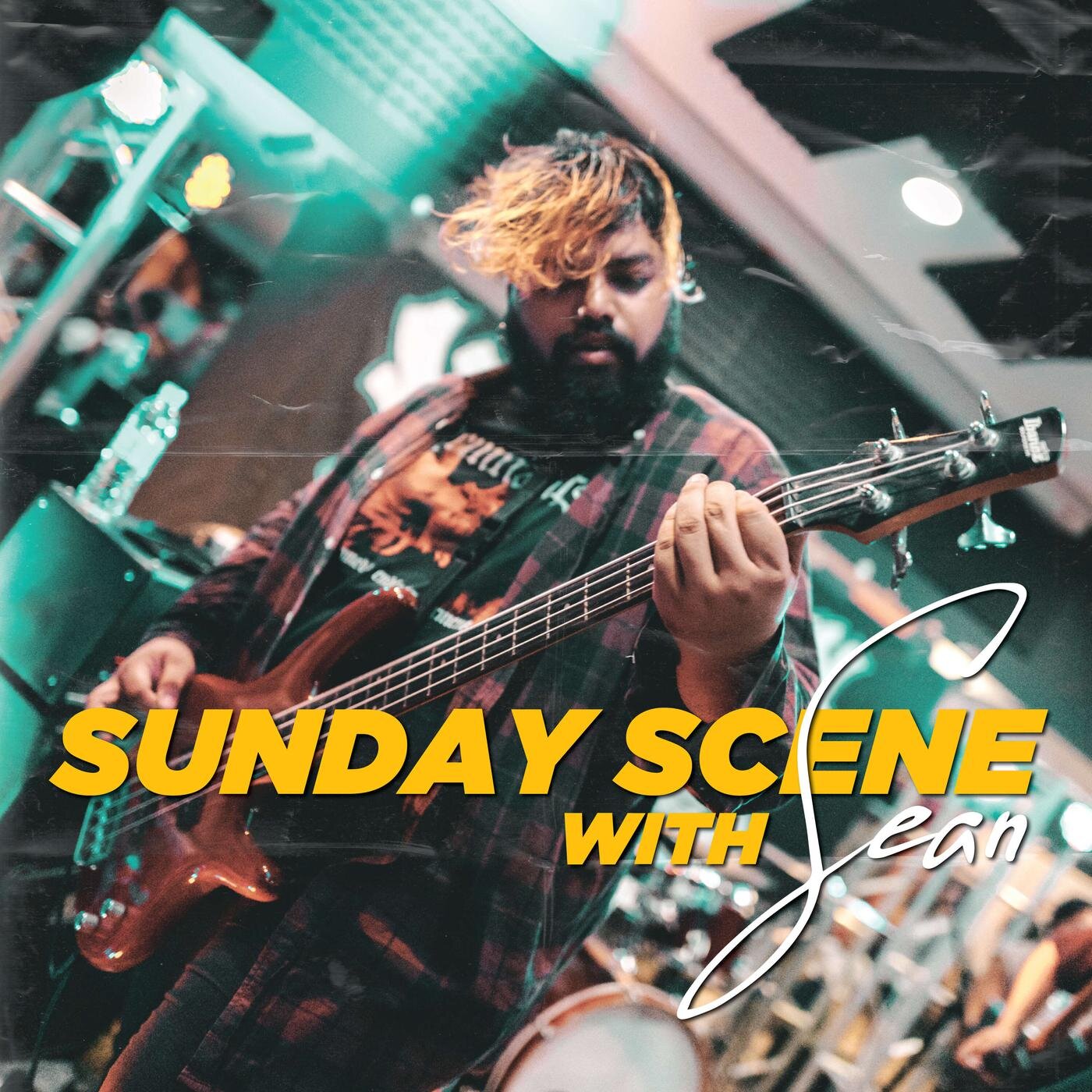Guide To Podcasting: Why You Should Start a Podcast as a Creative, Artist or entrepreneur
You’ve seen podcasts popping up everywhere and there is a good chance that a person you know in your circle of friends actually runs their own podcasts. So…
Why are podcasts gaining in popularity and how can podcasts benefit you?
How do we get started on creating your first podcast to jump into this new form of digital content?
These two questions will be answered in this two part article as we explore some of the benefits of running your own podcasts and also the technical aspects of podcast production such as the recording process, podcast editing, and post production work.
Why are podcasts gaining in popularity and how can podcasts benefit you?
Podcasting is an extremely effective medium in:
a) Engaging your audience and building community
b) Establishing authority on the topics that your podcasts focuses on
c) Expanding your network
Before we address the above three points, so who should start a podcast?
We sincerely believe that any public facing entity should start a podcast. Even if you’re a band, artist, a creative, entrepreneur or a business, you should start a podcast. VERTA Collective’s mission is to serve local and regional artists to engage with audiences around the globe, the music scene is where we are passionate for, so how can podcast help you as an artist?
One of our absolute favorite music related podcast is the “Downbeat” podcast hosted by Craig Reynolds (drummer of Stray From the Path). The podcasts started off with guests who are drummers in the rock/metal scene talking largely about drumming and music, but slowly transitioned to guest from all different kinds of music backgrounds talking about anything they are passionate in. An example includes a recent episode which featured Spiritbox’s vocalist Courtney LaPlante provided an interesting insight on how Spiritbox navigated their way from having to struggle through their musical journey with previous bands before tapping on to that experience to form Spiritbox and bring it to where it is today (approximately 600,000 monthly listeners on Spotify).
This brings us to our first sub point:
Engaging Your Audience and Building Community
In a world where anyone and everyone can get online and put their best work out there, it is increasingly getting difficult to stand out and differentiate from the rest. With the advent of social media, everyone is sharing so much about their lives and there is only so much attention that you can harness out of your audiences. Ironically the interconnectivity brought upon by the internet also means that people want to foster deeper engagement and join communities on the things that they like.
Just image years ago, living in the 90s, a fan of Guns and Roses would probably never fathom the opportunity to be able to directly connect with their rockstar heroes such as Axl Rose or Slash. With podcasts, you allow your audience to have a sneak peek into your process, hear your stories and understand your vision better. You can also indirectly engage your audiences by soliciting questions, topics or guests recommendations of their interest and incorporate it into your episodes.
This also ties into the 1000 True Fans concept by Kevin Kelly where the key points lifted from the essay are directly applicable:
To be a successful creator you don’t need millions. You don’t need millions of dollars or millions of customers, millions of clients or millions of fans. To make a living as a craftsperson, photographer, musician, designer, author, animator, app maker, entrepreneur, or inventor you need only thousands of true fans.
…
Fans, customers, patrons have been around forever. What’s new here? A couple of things. While direct relationship with customers was the default mode in old times, the benefits of modern retailing meant that most creators in the last century did not have direct contact with consumers. Often even the publishers, studios, labels and manufacturers did not have such crucial information as the name of their customers. For instance, despite being in business for hundreds of years no New York book publisher knew the names of their core and dedicated readers. For previous creators these intermediates (and there was often more than one) meant you need much larger audiences to have a success. With the advent of ubiquitous peer-to-peer communication and payment systems — also known as the web today — everyone has access to excellent tools that allow anyone to sell directly to anyone else in the world. So a creator in Bend, Oregon can sell — and deliver — a song to someone in Katmandu, Nepal as easily as a New York record label (maybe even more easily). This new technology permits creators to maintain relationships, so that the customer can become a fan, and so that the creator keeps the total amount of payment, which reduces the number of fans needed.
We’ve even had a podcast discussion on our own Aeonix Talks Music podcast about this very topic with our friend JJ which you can check it out over here:
More now than ever, podcasting is one of the means that allows you to create that direct connection to your audience and also build that trust between the creator and the audience, which brings us to our second point.
Establishing Authority on the Topics that your Podcasts Focuses On
We all know that word of mouth is the best form of marketing, largely because people trusts a friend’s recommendation or co-sign more than any other form of advertising. Podcasting being a longer form of content, allows for a deeper dive into the topics as you bring your audience along on the ride. This really allows your audiences to have a deeper insight on you as a person and your capabilities, which in turns builds a form of trust in you.
Even if you are not an expert in the topic of discussion, you can still harness the knowledge of a guest and through good line of questioning, create a valuable podcast episode for the viewer by capitalizing on the wisdom and knowledge of your guests.
If you’re an artist or creative and feel icky about trying to push an agenda on your podcast (to sell something for example), you can explore just being yourself and talk about topics that you are passionate and enjoy talking about. While that’s an approach that you may adopt, do remember to bring value to your audience so as to ensure that they do take away something useful from the episodes and thus allowing them to want to return for more. Imagine you are a drummer with a podcast talking about drums or music and you teach drums or do paid session drumming. Guess who your audience would call first for those services when they have been listening to your content, rants and vast knowledge about drumming?
Expanding Your Network
This last pointer is a no-brainer, a podcast is really a great excuse to contact someone to pick their brains about a particular topic (to put it crudely). It does open many doors for collaboration with different guest and thus allows your to expand your network. The rapport that one makes from a single one to two hour long podcast talking about the things you are truly passionate about, leaves a much longer lasting impression and connection that most other forms of engagement.
Our dear friend of the local Singapore music scene is a great example, Sean Sundaran, hosts his Sunday Scene with Sean podcast which he regularly films and records at our Creative Room studio space and transforms it into a Podcast Recording Studio!
Sean recording his Sunday Scene with Sean podcast in our Creative Room!
Sunday Scene with Sean
ABOUT THIS PODCAST
My name is Sean Sundaran and I am a Singapore local musician/sound engineer. This podcast is basically me talking all about local music and the arts in Singapore, while also having guests and reviewing local releases together. From underground music to mainstream music, from music to visual art. Anything under the sun.
Sean gets to connect with artists locally and the podcast does have a snowballing effect if you’d think about it. Each guests that agrees to go onto your podcast is essentially co-signing on you and what you are doing. If Guest A who has been on your podcasts before, knows Guest B whom is someone you intend to bring onto your podcasts, you’ll likely have a higher chance of getting Guest B on as you both now have a mutual connection through Guest A. Compare that scenario if you were to cold-call Guest B on, it’ll be harder but we’ve all got to start somewhere and it’ll definitely get easier as you continue your podcasts and as it grows.
This really brings home the point that podcasts are a great excuse for you to expand your network and open doors that you’d never previously had. It takes dedication to ensure that your episodes are of high quality and consistently delivered, but they pay-off from doing it is much higher that you would initially expect.
We do hope that you are convinced on the benefits of starting a podcast, if you are, we’re glad to assist you in your podcasting or content creation journey!
You’d might also be interested in the next installment of this guide where we’ll go in depth into the technical aspects of podcasting such as the editing and post-production work required so that you can get a deeper understanding on the work required and maybe even start editing your own podcasts!



